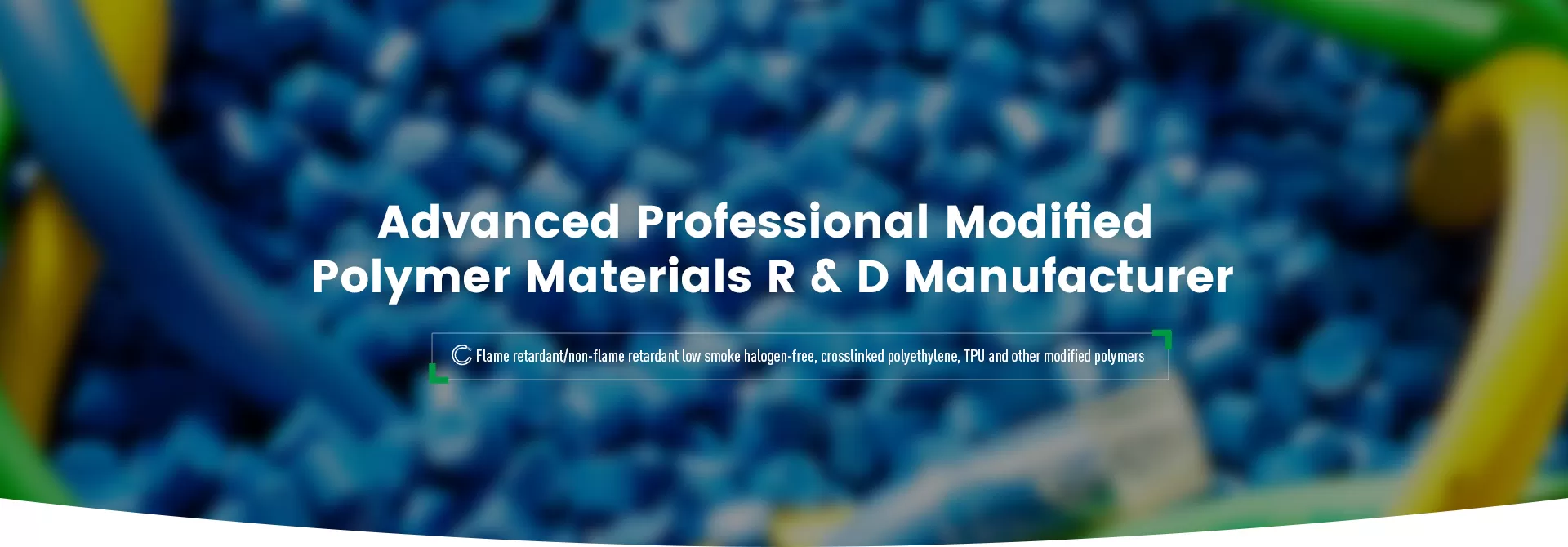
When it comes to materials that offer excellent water-tight protection, TPU Waterproof (Thermoplastic Polyurethane) stands out due to its versatility and reliability. Whether you're designing outdoor gear, electronic products, or consumer goods, understanding whether thermoplastic polyurethane is waterproof and its characteristics can help you make an informed decision.
Thermoplastic Polyurethane (TPU) is an elastomer known for its flexibility, durability, and abrasion resistance. TPU is created by combining hard and soft segments at the molecular level, resulting in a material that can withstand stretching, bending, and harsh environments. Waterproof TPU is a key feature of this material, making it an ideal choice for products requiring waterproof protection.
The short answer is: yes, TPU is waterproof. Thanks to its molecular structure, TPU material exhibits excellent water resistance. It consists of alternating hard and soft segments, allowing TPU to effectively resist water penetration. The hard segments enhance the material's strength and durability, while the soft segments improve its flexibility, making it difficult for water molecules to penetrate.
Unlike many other materials, waterproof TPU maintains its performance when exposed to moisture, making it suitable for applications requiring long-term waterproof protection.
1. Outdoor Gear
Due to its excellent waterproof properties, TPU is widely used in outdoor gear and accessories. Products such as tents, backpacks, and waterproof clothing use TPU materials to provide water protection. TPU coatings or films are often laminated onto fabrics to create lightweight, durable, and breathable waterproof materials. These fabrics are not only waterproof but also promote air circulation, ensuring the wearer stays dry and comfortable in various weather conditions.
2. Waterproof Phone Cases / TPU Phone Cases
Waterproof TPU is also extensively used in electronic device protection. Due to its outstanding water resistance and flexibility, TPU is commonly used to make waterproof phone cases, tablet covers, and other electronic accessories. These protective cases not only effectively seal out water but also provide impact protection, ensuring devices remain undamaged when dropped or splashed.
3. Footwear and Apparel
The waterproof features of TPU are also widely applied in the footwear and apparel industry. Waterproof boots, shoes, and jackets made from TPU materials help keep users dry in rainy or snowy conditions. TPU's flexibility and durability make it an ideal choice for outdoor clothing that needs to withstand harsh environments.

The waterproof properties of TPU materials come from their unique molecular structure. TPU is a copolymer made of alternating hard segments (typically polyurethane) and soft segments (polyether or polyester). This structure gives TPU its excellent waterproof characteristics because the closely packed molecules make it difficult for water molecules to penetrate.
In addition, TPU materials have strong abrasion resistance, tear resistance, and puncture resistance, further enhancing their waterproof capabilities. Whether it's a waterproof bag, tent, or phone case, TPU provides long-lasting, effective water protection.
While other plastic materials like PVC (Polyvinyl Chloride) also have some waterproof properties, TPU offers several advantages that make it the preferred choice for many industries:
TPU is more flexible than PVC, especially suitable for applications requiring repeated bending or stretching, such as sports bags and waterproof clothing.
TPU has excellent abrasion resistance, maintaining its waterproof performance even with frequent exposure to wear and tear.
Unlike PVC, which requires plasticizers, TPU is more environmentally friendly as it contains no plasticizers and does not release harmful substances.
TPU performs well across a wide range of temperatures, making it ideal for outdoor and high-performance applications.
While TPU waterproof materials offer excellent protection, proper handling and application are crucial to maintain their waterproof properties. When using TPU for waterproof bags, phone cases, or outdoor gear, it's essential to ensure seams and joints are properly sealed. Adding coatings or laminated films to enhance moisture isolation is also a good way to extend the effectiveness of waterproof TPU materials.
The waterproof performance of TPU is exceptional, and with its superior flexibility, durability, and eco-friendliness, TPU materials are widely used in fields requiring waterproof protection. From outdoor gear to electronic protection, waterproof TPU materials provide long-lasting protection while maintaining flexibility, durability, and environmental benefits. If you're looking for high-quality waterproof TPU materials, consider exploring the wide range of possibilities that this advanced material offers.